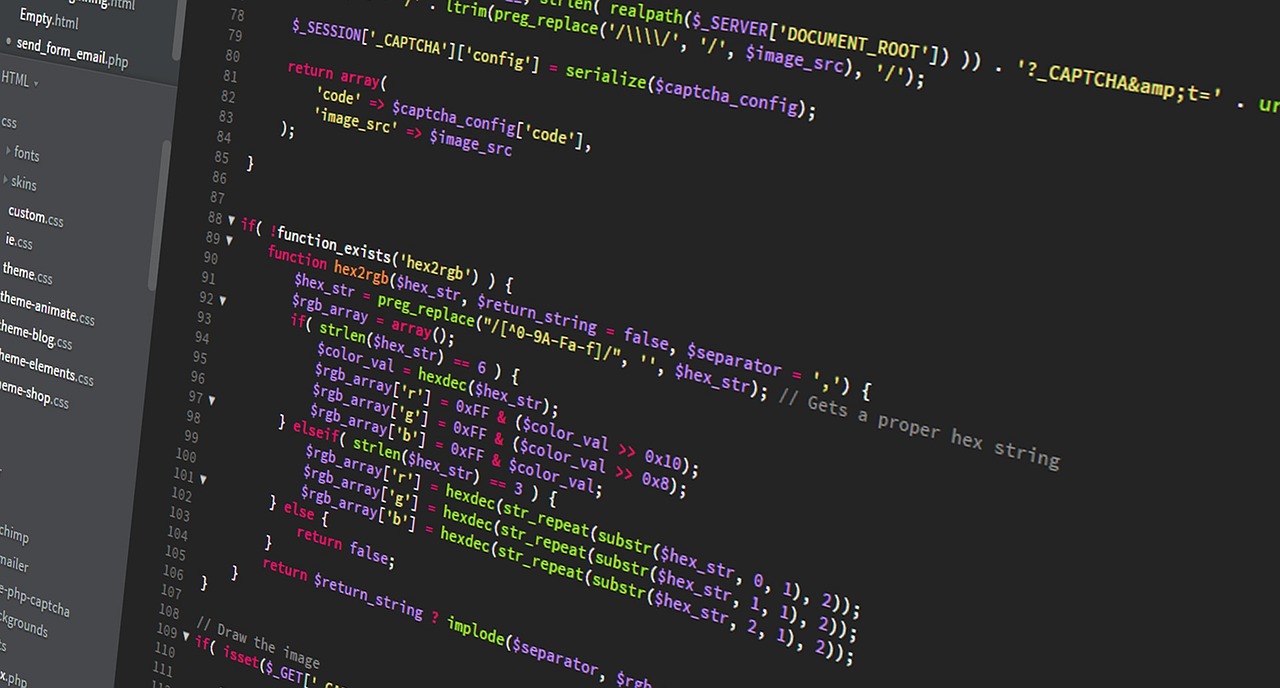PHP the good, bad and ugly

PHP, also known as Hypertext Preprocessor, is a programming language that was created in 1994 by Rasmus Lerdorf. It was initially developed as a set of scripts that were used to maintain his personal homepage, but it quickly gained popularity due to its simplicity and flexibility.
PHP was designed to be a server-side language, meaning that it is executed on the server before the webpage is sent to the user’s browser. This allows for dynamic websites that can interact with databases and other back-end systems.
Over the years, PHP has become one of the most widely used programming languages in the world, powering millions of websites and web applications. Its popularity is largely due to its simplicity, which makes it easy for beginner programmers to learn and use. Additionally, it has a large and active community of developers who contribute to its ongoing development and support.
However, like any programming language, it has its own set of pros and cons. Here are five good, five bad, and five ugly things about PHP:
PHP is a popular programming language that has been around for over 25 years. It is widely used for developing web applications and is known for its simplicity and flexibility. However, like any programming language, it has its own set of pros and cons. Here are five good, five bad, and five ugly things about PHP:
Good:
- Easy to learn: PHP has a simple syntax and is easy to learn, even for those with little programming experience.
- Large community: PHP has a large and active community of developers who contribute to the language and offer support to other users.
- Widely supported: PHP is supported by most web hosting providers, making it easy to find a hosting service that can run PHP applications.
- Many frameworks: PHP has a variety of frameworks, such as Laravel and CodeIgniter, which can help developers build applications more quickly and efficiently.
- Good for web development: PHP is well-suited for web development, as it can be easily integrated with HTML and is capable of interacting with databases and servers.
Bad:
- Poor error handling: PHP has poor error handling, which can make it difficult to debug code and identify issues.
- Lack of type checking: PHP does not have strict type checking, which can lead to issues with data type conversions and other problems.
- Security vulnerabilities: PHP has a history of security vulnerabilities, which can leave applications open to attack.
- Poor performance: PHP can be slower than other languages, such as C or C++, which can impact the performance of applications.
- Lack of support for newer features: PHP has not kept up with some of the newer features and technologies in other languages, which can make it more difficult to use in certain situations.
Ugly:
- Poor documentation: The documentation for PHP can be confusing and incomplete, which can make it difficult for developers to find the information they need.
- Inconsistent syntax: The syntax for PHP can be inconsistent, which can make it harder for developers to read and understand code.
- Poorly designed functions: Some of the functions in PHP are poorly designed and can be difficult to use.
- Unorganized code: PHP code can become unorganized and difficult to maintain over time.
- Deprecated functions: PHP has a large number of deprecated functions, which can make it confusing for developers to know which functions to use.
Overall, PHP is a powerful and widely used programming language that has many benefits, but it also has its share of drawbacks. It is important for developers to weigh the pros and cons of using PHP and to consider whether it is the right choice for their specific project.